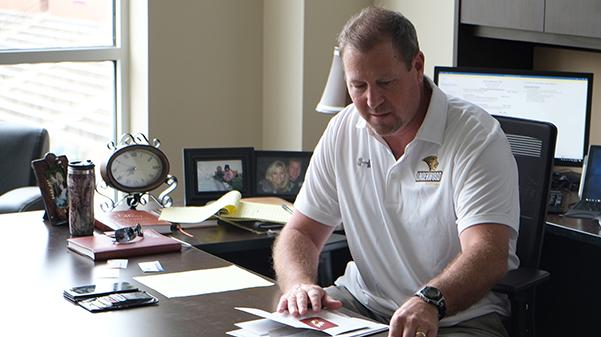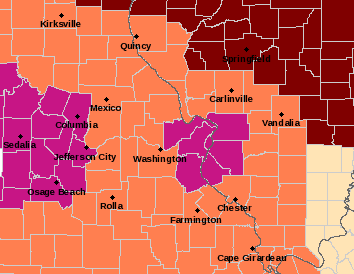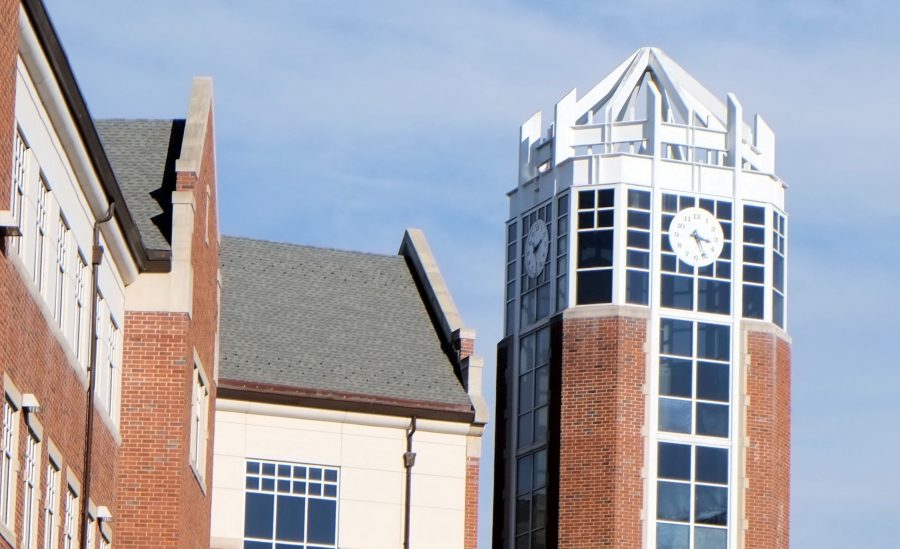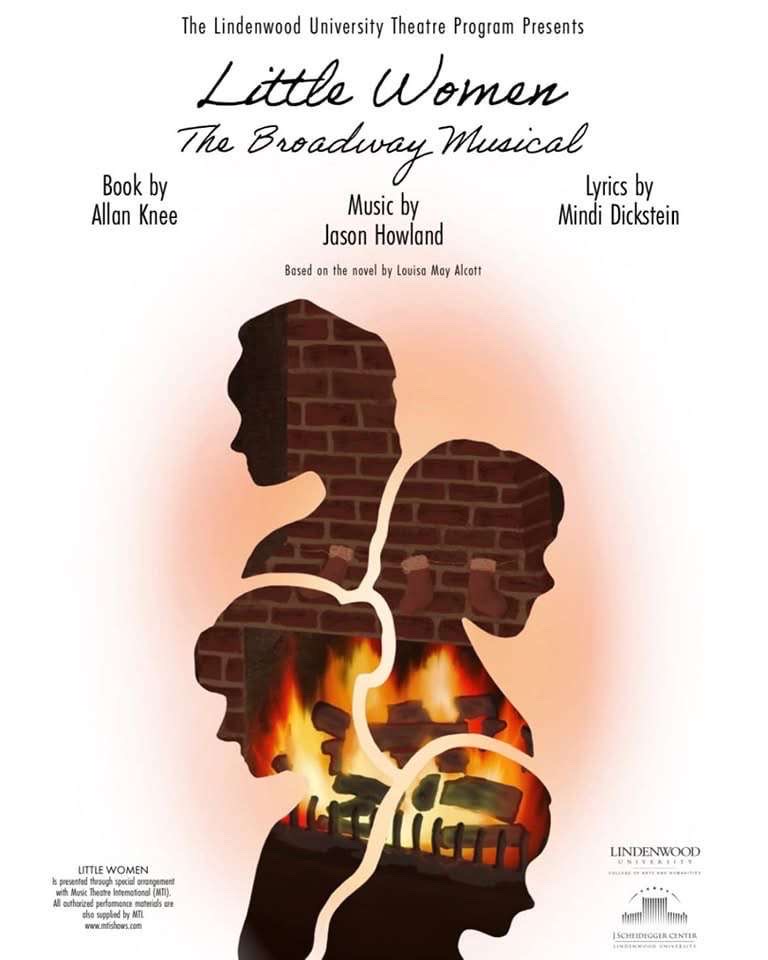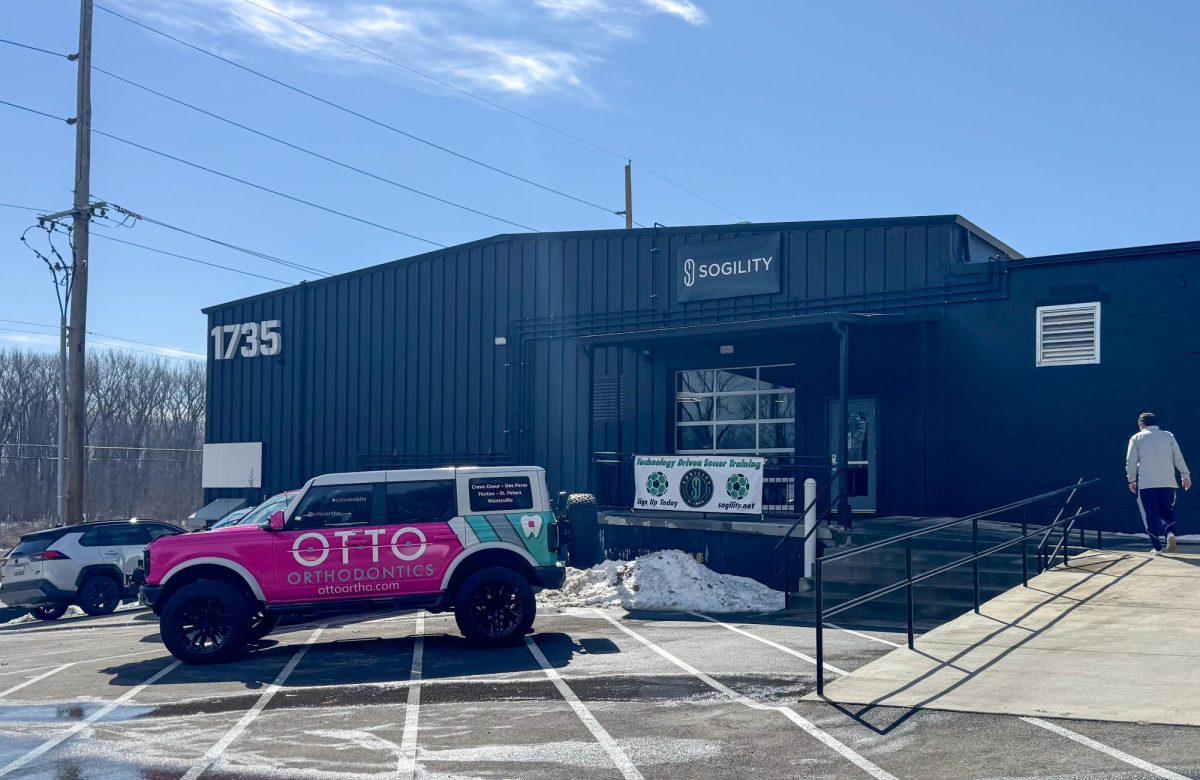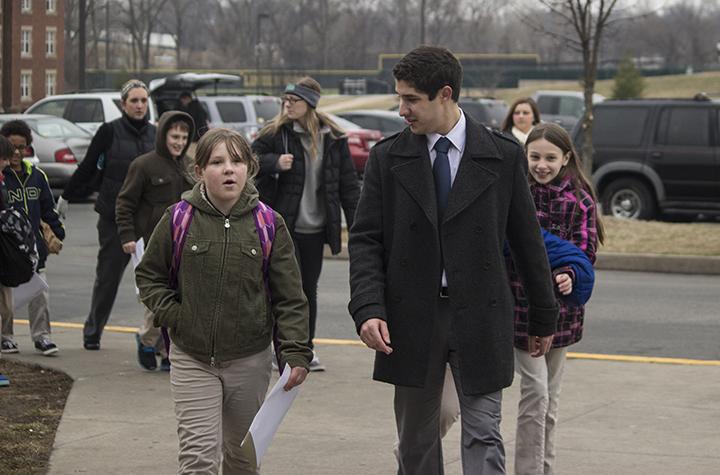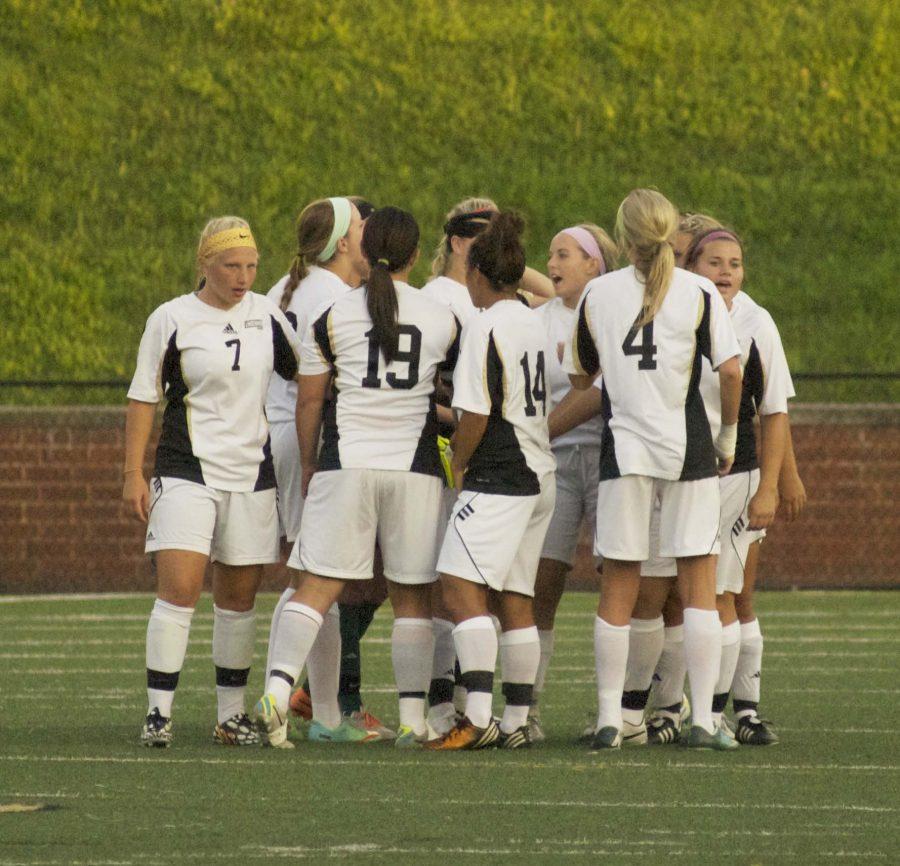Alex Jahncke | Managing Editor

If someone would have told me two months ago that I was going to the Iowa caucuses, I would have called them crazy. I try to stay away from politics, especially when it is with a whole room of people who have a strong opinion on the matter. Having said that, when the opportunity came about to go on a J-Term trip to the Iowa caucuses Jan. 3-4, I couldn’t turn it down. In all honesty, it was curiosity that drove me to accept, and I don’t regret it at all.
The purpose of the trip was to really see how one of the caucuses is run. Our class went to the little town of Fort Madison, Iowa, where the caucus took place in a small elementary school auditorium. Upon walking in the door, the turnout was quite surprising for a small town.
Almost 400 people showed up. What made the turnout even more shocking was that the town was predominantly Democratic, but it was a Republican caucus.
The night started with people showing up and signing in. To be able to vote in the Republican caucus a voter had to be a registered Republican. However, the way the caucuses are set up allows a voter to switch political parties for one night. Voter Jeff Buford, who was attending his third caucus, even brought his son for the experience.
“He is not old enough to vote yet, but I really just want him to see how it works. That way when he is old enough to vote he will have an idea how things run,” Buford said.
As everyone was signing in, I started to see all the stresses the people running the caucus had to go through. I really want to give credit to all of the volunteers who helped move the event along. People don’t realize that these helpers are not getting paid. These are volunteers who devote their own time to make sure everything gets done.
It was also neat to see the variety of people in attendance and how each person acted. Some people just sat quietly, keeping their candidate to themselves, while others went around passing out fliers and shouting who they thought should win. For the most part it was an older crowd, but a few young adults also attended, such as University of Northern Iowa student Dylan Keller who was attending his first caucus.
“I really just want to start to understand the pros and cons of each candidate. I love to talk politics, but I am still not positive who I want to vote for. That’s why I came, so I can absorb it all in and come to my decision,” Keller said.

When everybody settled in, the Lee County Republican Chairman Don Lucas led the introductions with the Pledge of Allegiance. He then called, one by one, someone to speak on behalf of every candidate. Each candidate could only have one speaker with a five-minute time limit.
This was really neat to see because everyday people talked, not the candidates themselves. Of course, there was still no lack of bashing the competitors, but we also heard personal stories that these people had with the candidates.
After each person spoke, the crowd was divided among nine classrooms. The room they went to depended on what district they lived in.
This is where things seemed to get a little disorganized, with confusion among the volunteers as to what was going on.
Once all voters made it to their rooms, the voting began. Each person was given a slip of paper with checkboxes. Once they voted, many people left, but the meeting continued, as each district needed a delegate. Electing a delegate was the hardest part because being a delegate is again a volunteer job. Each district had to select a delegate to vote on their district’s behalf.
From there, one by one the votes from each district were sent to another room where they were tallied. This was a long process. Each vote had to be entered into a computer and verified by someone else.
Only one district could be done at a time. For the most part this went smoothly; it was just very drawn out because they had to add the votes from another caucus.
All in all, it was a great experience. I learned quite a bit about the democratic process, and I think everyone should take advantage of the chance to vote in the Missouri primary on Feb. 7 or caucuses on March 17.
The primary will be a non-binding primary. More interesting will be the caucus because it will help shape who the final candidate may be.
Anyone can attend the caucus, but to be able to vote you must be a registered voter in your respective county.
For more information, visit http://www.mogop.org/ if you are a Republican or http://missouridems.org/ if you are a Democrat.





